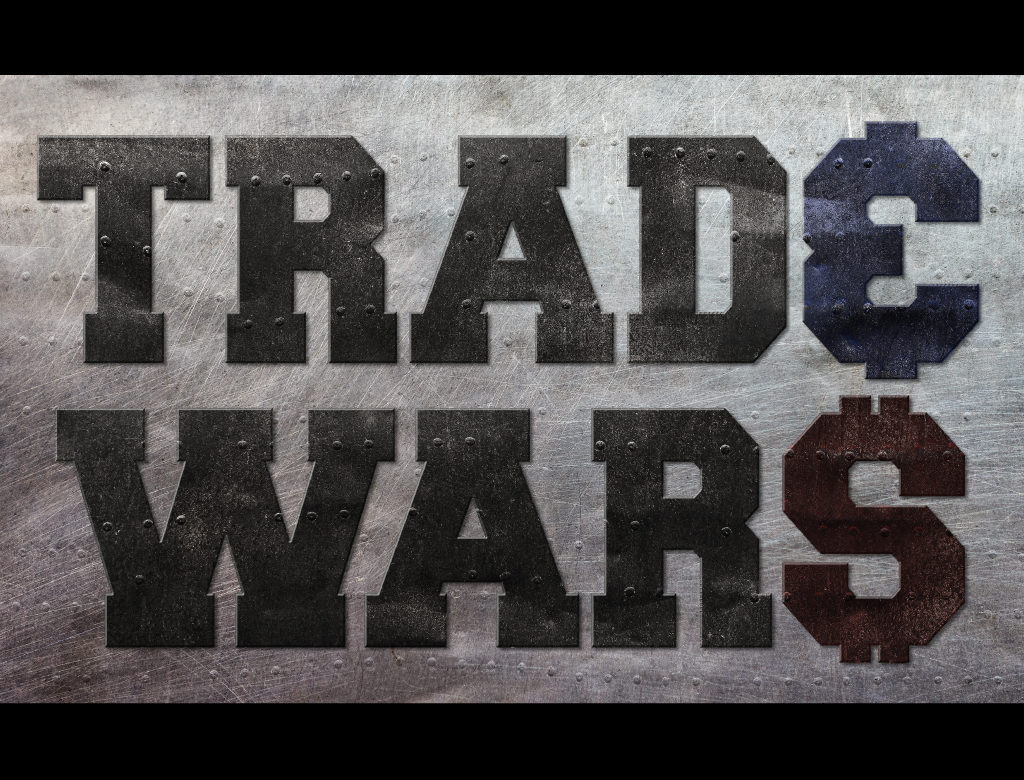The Toy Association testified at the U.S. Trade Representative’s (USTR) Special 301 Committee hearing on Monday, regarding proposed tariffs on approximately $300 billion in Chinese products, including toy tariffs.
Delivered by Rebecca Mond, the Association’s vice-president of federal government affairs, the testimony outlined the harm and impact that tariffs would have on the U.S. toy industry, its workers, and its consumers, and formally requested the removal of the Harmonized Tariff Schedule (HTS) code 9503.00.000 (the tariff line under which all toys, as defined by customs, are classified) from the proposed list, as well as the removal of other toy related items such as: 4903.00.00 (children’s coloring books), 7117.90.90 (toy jewelry), 9504 (video game consoles), and 9504.90.40 (game machines).
The testimony noted that tariffs would have a severely negative impact during what is an historically inopportune time for the toy industry given the recent bankruptcy and liquidation of Toys“R”Us, which resulted in the closure of 800 stores and the elimination of more than 30,000 U.S. jobs.
“A 25 percent tariff applied to toys and games would result in the loss of an additional 68,014 U.S. jobs, a 10 percent reduction in the U.S. toy workforce, and $3.4 billion in lost wages,” said Mond. “Overall, tariffs on the toy industry would reduce the economic impact of the toy industry on the U.S. economy by approximately 10 percent, or $10.8 billion.”
The testimony also pointed to the unfeasibility of moving current toy manufacturing out of China, given the efficiencies of the arrangement between U.S. toy companies and Chinese factories which allow the industry to provide American consumers with a broad array of fun and safe toys at highly competitive prices.
“For the industry as a whole and for the vast majority of the 3 billion toys sold in the U.S., the manufacturing infrastructure and capacity is simply not available in the U.S. or elsewhere around the world. Furthermore, consumers expect toys to be affordable. Toy manufacturing is too labor intensive to be a cost-effective option in the U.S.,” said Mond.
Of even greater importance to American consumers, the industry has invested in ensuring that Chinese suppliers produce toys that comply with strict U.S. safety standards that protect America’s children and families, added Mond. Tariffs would force toy companies to hastily move their manufacturing base elsewhere (at significant cost), where they would have to identify, invest in, and educate new manufacturers who are unfamiliar with U.S. safety requirements.
“Moreover, Chinese toy companies selling direct to consumers via e-commerce platforms would have an edge on U.S. toy companies that import larger volumes to sell at local toy and hobby shops, because toys imported under the $800 de minimis exemption would not be subject to tariffs,” stated Mond. “The tariff may result in an increase of IP infringing toys as consumers seek out cheaper options.”
The Toy Association’s aggressive advocacy and media campaign against tariffs on toys is ongoing. Recently, Association staff took part in interviews with FOX News and The New York Times, among others, to speak about the impact of tariffs. The Toy Association is also an active leader in the Tariffs Hurt the Heartland coalition, which last week sent a letter to President Trump signed by more than 660 companies and trade associations, including The Toy Association and dozens of toy companies, urging the president to end China tariffs. Tariffs Hurt the Heartland also released a new data report earlier this month that shows Americans have paid nearly $22 billion in additional tariffs since the trade war began. According to this report, with data taken from the U.S. Census Bureau. and broken down by individual tariff action, American businesses and consumers have paid $15 billion in higher costs due to tariffs on Chinese imports.
Since the hearings began taking public comments, other toy manufacturers and retailers have also weighed in on the impact. Target, for example, asked for the exclusion of goods impacting families with young children in the appended list, noting that toys are necessary tools for families in fostering cognitive, motor skills, social and emotional development.
[Editor’s Note: If you haven’t done a deep-dive into the public comments on the hearings, start with this one.]

